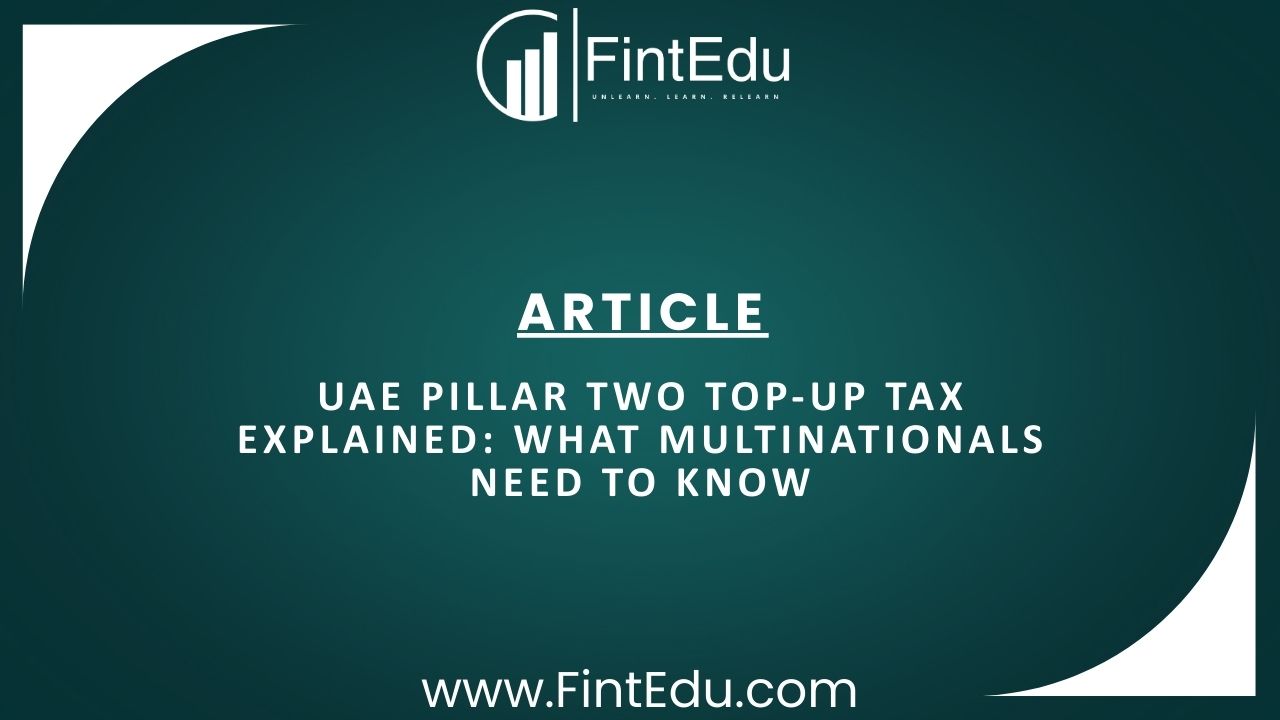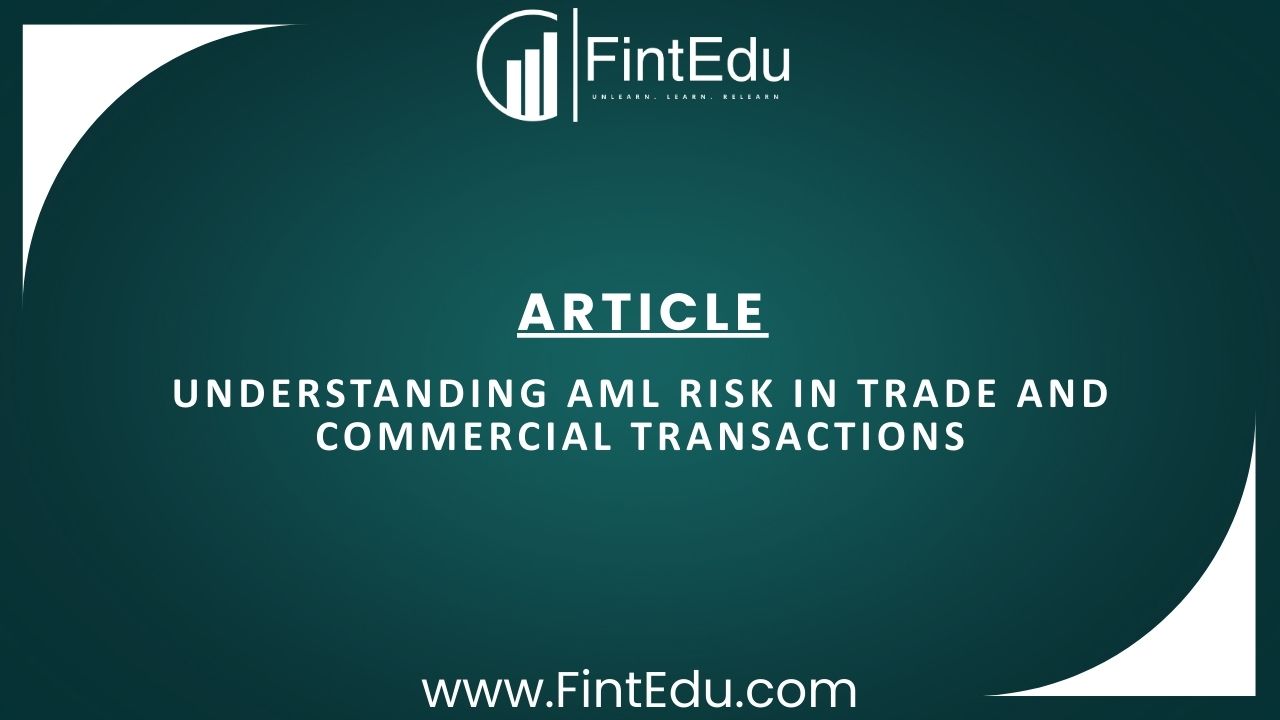LISTEN TO THIS ARTICLE
The FTA has recently issued guidelines on Investment Funds and Investment Managers. The UAE Corporate Tax Law (CT Law) on the taxation of Investment Funds, Investment Managers and their investors is in tandem with the global practices. It seeks to ensure neutrality such that investors are in a similar position as if they had invested directly in the underlying assets of the fund.
This article delves into the intricacies of the UAE Corporate Tax Law (CT Law) as it pertains to investment vehicles, shedding light on the treatment of resident and non-resident entities and the significance of Qualifying Investment Funds (QIFs).
Tax Treatment for Investment Funds
The significant aspects of taxation of Investment Funds is as follows:
Treatment of Resident Persons:
Investment Fund entities incorporated in the UAE or effectively managed and controlled in the UAE are deemed Resident Persons and subject to Corporate Tax. However, they can be considered as Exempt Persons in the UAE registering as QIFs, while the investors are taxed individually on their share of the fund's income.
Treatment of Unincorporated Partnerships:
Investment Funds structured as Unincorporated Partnerships are treated as transparent for CT purposes, which generally achieves an outcome similar to one where the ultimate investor had invested directly. Thus, Unincorporated Partnerships are not considered Taxable Persons in the UAE. Income derived by such partnerships is treated as earned by the investors.
Treatment of Non-Resident Investment Funds:
Non-resident Investment Funds are not considered Resident Persons in the UAE unless they are effectively managed and controlled in the UAE. However, the non-resident entity may be subject to tax in the UAE if it has a permanent establishment (PE) in the UAE, state sourced income, or nexus in the UAE. Income attributable to a PE is taxed in the UAE, while state sourced income may incur withholding tax (WHT), though currently set at 0%. Nexus applies to non-resident persons earning income from immovable property located in the UAE.
Corporate Tax Treatment of Investment Managers
For Resident Investment Managers, fees earned as brokerage or for investment management services fall within the scope of UAE Corporate Tax. Such fees are included in the manager's taxable income, akin to other business earnings.
Non-Resident Investment Managers may also face Corporate Tax if they have a PE in the UAE, state sourced income, or nexus in the UAE. If they have a PE in the UAE, fees attributed to the PE are subject to Corporate Tax. State Sourced Income may incur WHT.
Qualified Investment Fund
An Investment Fund can seek exemption under the CT Law as a QIF if it meets the specified conditions, viz.:
1. The fund or its manager must be subject to regulatory oversight by a competent authority in the UAE or a recognized foreign authority;
2. Interests in the fund must be traded on a Recognized Stock Exchange or be widely marketed and accessible to investors; and
3. The primary objective of the fund should not be to avoid Corporate Tax.
Each of these conditions as well as the conditions specifically applicable to Real Estate Investment Trusts (REITs) are discussed in detail in the guidelines.
It is important to note that since QIFs are considered as an Exempt Person under the UAE CT Law, they are not entitled to various reliefs under the CT Law which are otherwise available to Taxable Persons. These reliefs include Qualifying Group Relief, Business Restructuring Relief, transfer of Tax Losses or formation of a Tax Group.
Conclusion
Taxation of Investment Funds and Investment Managers or attribution of their income to a particular jurisdiction has been an interesting matter globally. Tax structures formed with the primary motive of tax planning or treaty shopping are frowned upon by various countries.
UAE’s CT Law is still at its nascent stage. Nevertheless, its taxation framework for Investment Funds and Managers reflects its commitment to global best practices while fostering a conducive environment for investment. Through such mechanisms, the UAE endeavors to maintain fairness and attract investment capital.
Related Article:
Taxation of Investors of a Qualifying Investment Funds in the UAE
Disclaimer: Content posted is for informational and knowledge sharing purposes only, and is not intended to be a substitute for professional advice related to tax, finance or accounting. The view/interpretation of the publisher is based on the available Law, guidelines and information. Each reader should take due professional care before you act after reading the contents of that article/post. No warranty whatsoever is made that any of the articles are accurate and is not intended to provide, and should not be relied on for tax or accounting advice.
Contributor
Related Posts

The UAE has introduced a new top-up tax regime as part of its commitment to global tax reforms und...
Read More
Anti Money Laundering is often viewed as a complex regulatory requirement. In reality it plays a sim...
Read More
Trade and commercial activity form the backbone of regional economic growth. Large volumes of goods ...
Read More